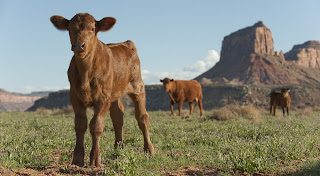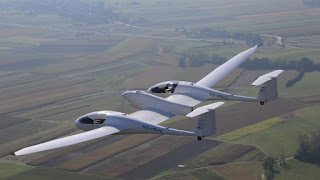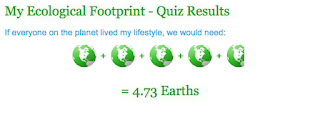Final EF Calculation

About that time again, folks! As we're near the end of the quarter, I have calculated my EF once again to determine just how much of an impact has changed. At the beginning of the journey for reduction of my personal EF, I was disappointed to get a calculated total of 5.23 . This number made me realize I lacked mindfullness in consumption patterns, buying behavior, and overall lifestyle choices when it comes to my impact on the environment. So I made the decision to start just by being more mindful, then slowly implementing strategic plans to change my behavior patterns. I began shopping at local places like the Co-Op, using less hot water in the shower, reducing the amount of times I do laundry, and I even bought renewable lightbulbs!!! I was proud of these changes but still had a score of 4.73 when I recalculated my EF mid-quarter. Now that we're at the end, the changes that have remained the same are: the use of renewable lightbulbs, less hot water in the shower, ...



